Traceable supply chain production using ID/QR code system. A Made in Green product fulfils the criteria of both Standard 100 and STeP as part of the OEKO-TEX® certification system. Standard 100 ensures that the product has been tested for more than 300 harmful substances. STeP certifies the sustainability of the products during its production.
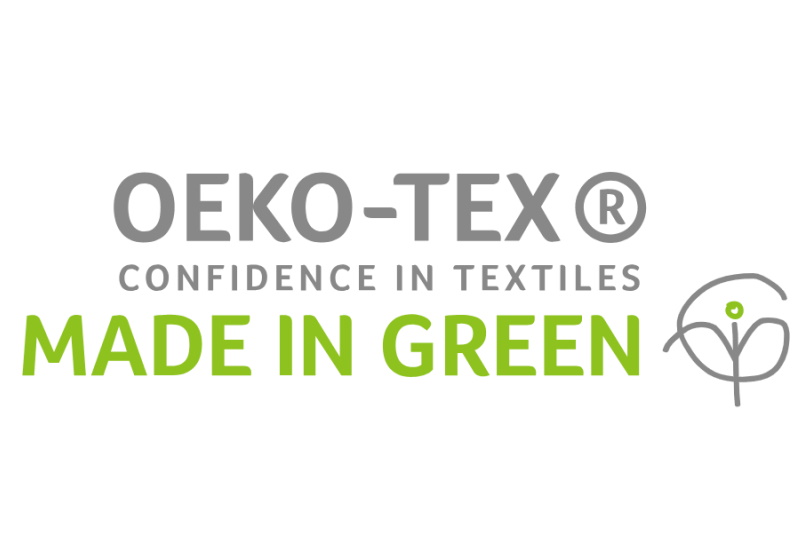
MADE IN GREEN by OEKO-TEX
FAQ about Certifications
Let us answer some of the most frequently asked questions on textile standard certifications and seals you need to know about.
About Certificates
What are certificates?
A certification or seal is a trademark created by an association or a professional organisation as a means of guaranteeing the origin, specificities, level of quality or conformity of a product to pre-established production standards. It can only be used by producers or brands that comply with the specifications drawn up by the body or agency holding the seal.
How does brand certification differ from supply chain certification?
The basic principles are the same, but the application and scope will vary based on the business model of the brand.
How to apply to become certified as a brand or as a supplier?
The initial request and application for any certification must be made to an approved certification body. Approved certifiers are assigned with implementing a certifications quality assurance system and will be able to answer individual questions related to the inspection and certification procedure.
Typically, you can find a list of approved certifiers on the website of the certification bodies themselves.
Should my brand become certified?
This depends on whether or not you would like to make any product-specific claims (labelling, product webpage, etc.) about your use of a standard. It will also depend on whether or not your brand sells products through a retailer.
I have received certified materials from my supplier, can I label my product with a standard logo?
If you are a brand that sells products directly to the consumer, you are able to label your product with a standard logo provided that the relevant aspect of your supply chain meets the claims guide for the standard you are using. Therefore, if you are a brand that sells products to retailers, then you must be certified if you want to make a Product-Specific Claim. Please also note that all requests for logo use and subsequent approval of artwork must go through the consequent certification body.
Why should I obtain a certificate or seal?
There are several advantages to obtaining a certificate: on the one hand, a label is a standardised and international communication tool that allows you to communicate your company’s commitments to consumers in a tangible way backed by third-party validation. On the other hand, the certification process is based on an audit that provides recommendations for best practices with a view to continuously improving production methods. Choosing to become certified is a voluntary process that depends on your desire to demonstrate your commitments, your budget and your activity sector.
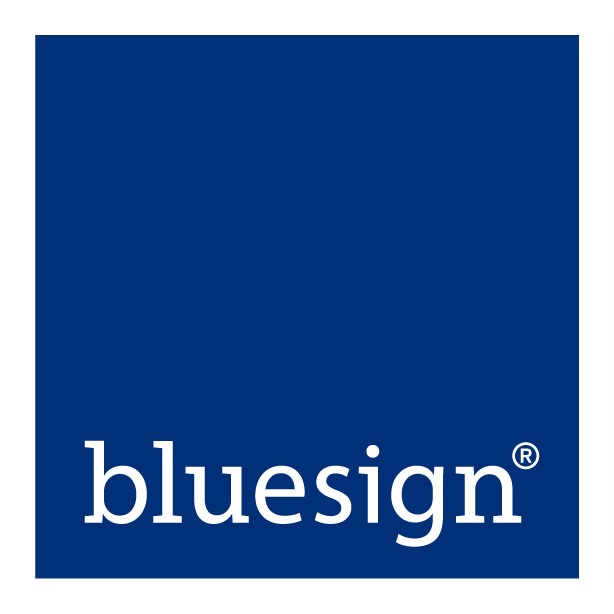
Bluesign
Bluesign is a trusted and secure system that provides safer and more sustainable environments for people to work in and everyone to live in. Tracing each textile’s path along the manufacturing process, making improvements at every stage from factory floor to finished product.
visit »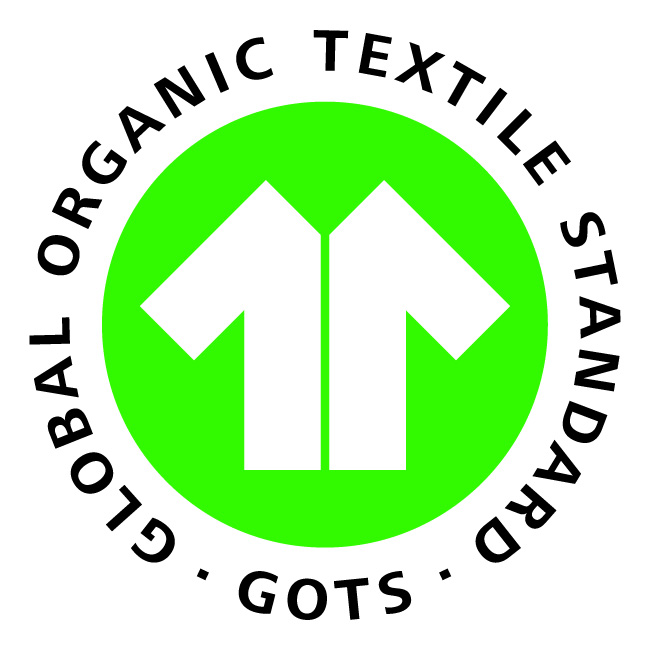
GOTS – GLOBAL ORGANIC TEXTILE STANDARD
The Global Organic Textile Standard (GOTS) is the worldwide leading textile processing standard for organically produced natural fibers, including ecological and social criteria, backed up by independent certification of the entire textile supply chain from field to final product.
visit »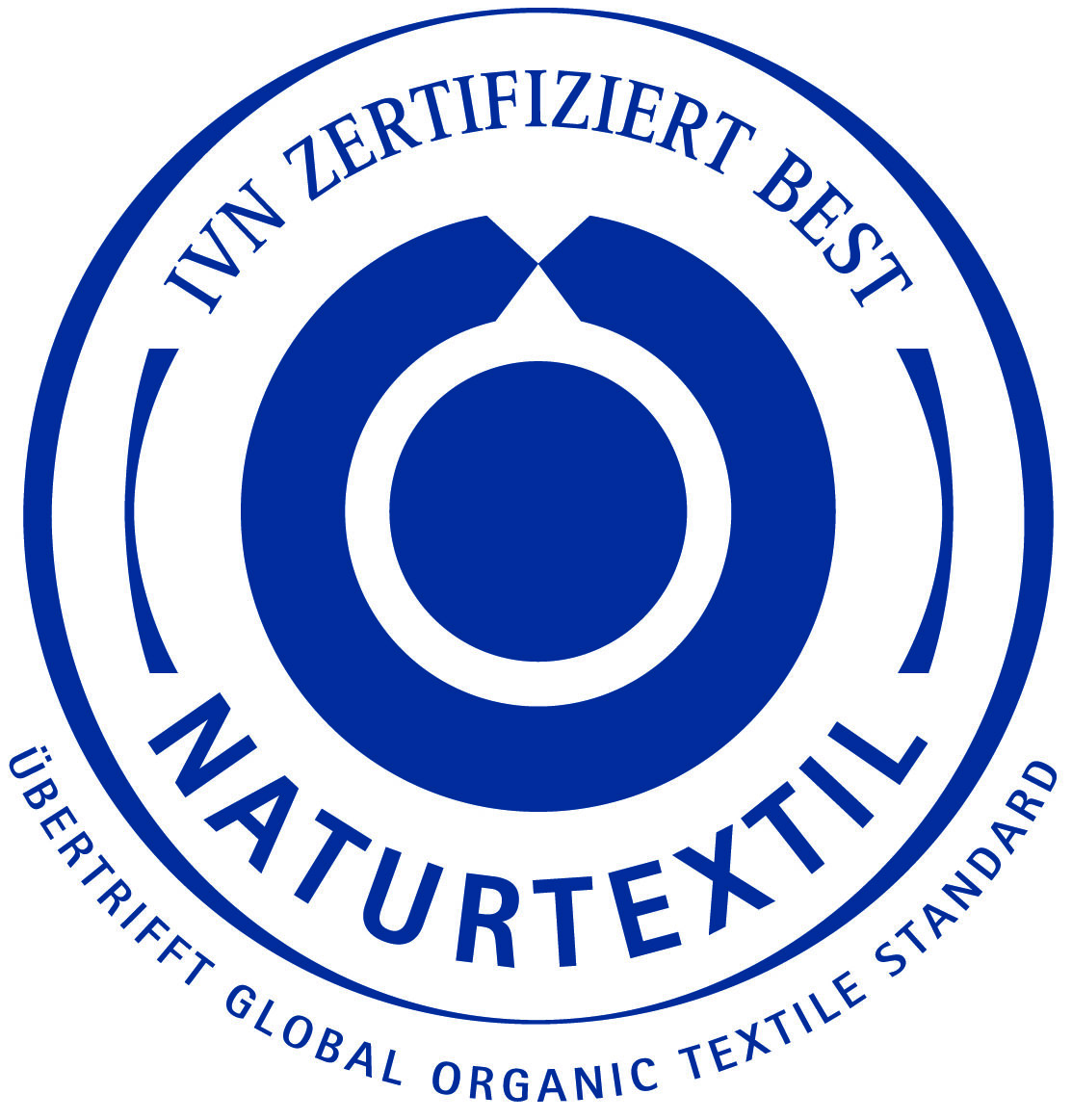
NATURTEXTIL IVN BEST
IVN stands for ecological and socially responsible production from all stages of textile manufacturing. Naturtextil IVN Best represents the highest level of socially responsible production, which ensures no child or slave labour, no discrimination or inhumane treatment as well as safe conditions and decent wages.
visit »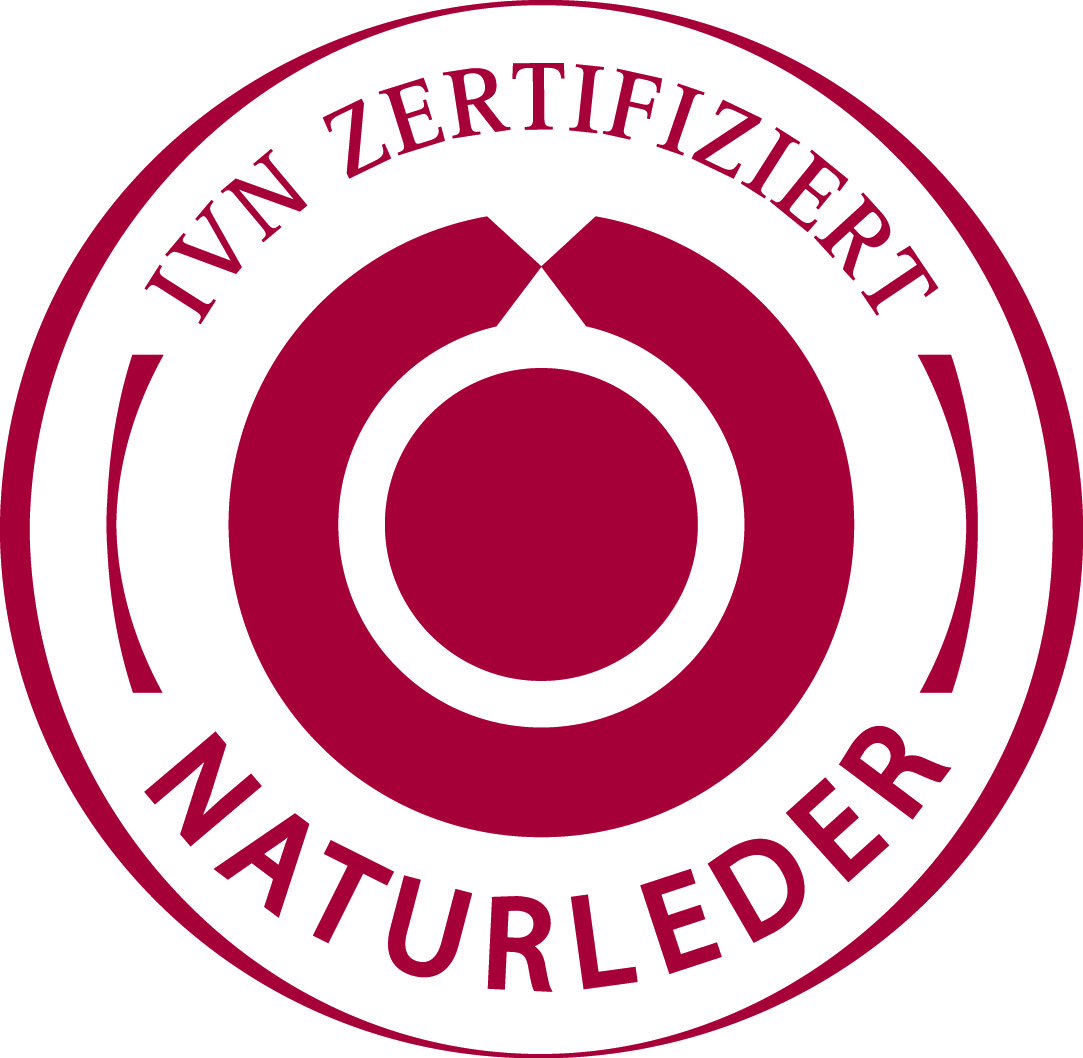
NATURLEDER IVN
IVN stands for ecological and socially responsible production from all stages of leather manufacturing. Naturleder IVN evaluates all stages of the production chain, beginning with the natural raw material of animal skins, including sales and usage of the finished leather, not the finished product.
visit »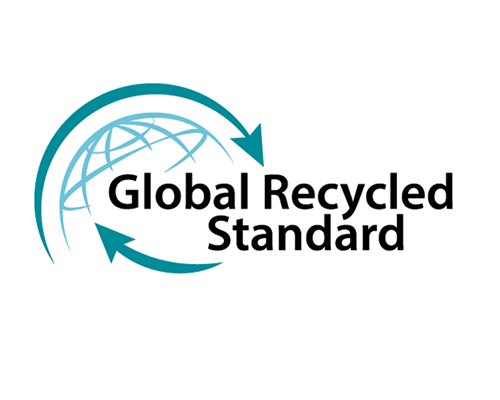
GRS – GLOBAL RECYCLED STANDARD
The Global Recycled Standard (GRS) enables companies to record the exact proportion of recycled material in a product and track it through the production chain, for the ultimate traceability of goods and transparency. Including the use additives and guidelines on environmental management and social responsibility within the company.
visit »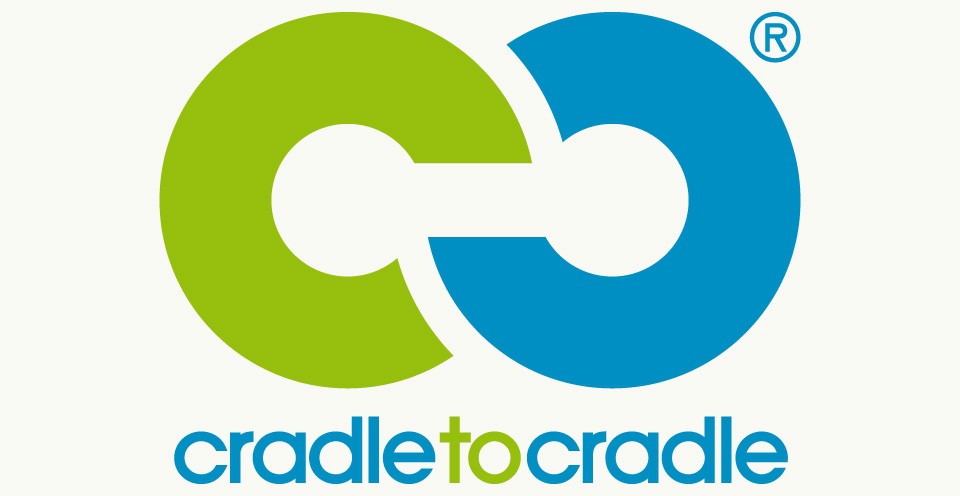
CRADLE TO CRADLE
Cradle to Cradle (C2C) is a circular approach to a continuous and consistent recycling management system. All products are chemically harmless and recyclable. Waste which is generated according to the pre-existing take-make-waste model will no longer exist, only useful nutrients.
visit »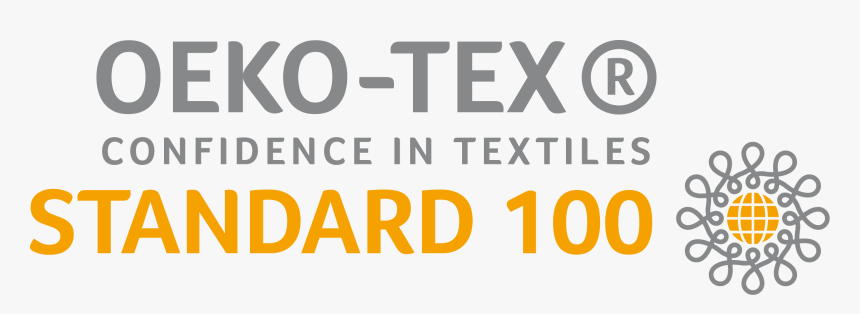
STANDARD 100 by OEKO-TEX
If a textile article carries the Standard 100 label by OEKO-TEX®, you can be certain that every component of this article, i.e. every thread, button and other accessories, has been tested for over 300 harmful substances and that the article therefore is harmless to human health.
visit »
MADE IN GREEN by OEKO-TEX
Traceable supply chain production using ID/QR code system. A Made in Green product fulfils the criteria of both Standard 100 and STeP as part of the OEKO-TEX® certification system. Standard 100 ensures that the product has been tested for more than 300 harmful substances. STeP certifies the sustainability of the products during its production.
visit »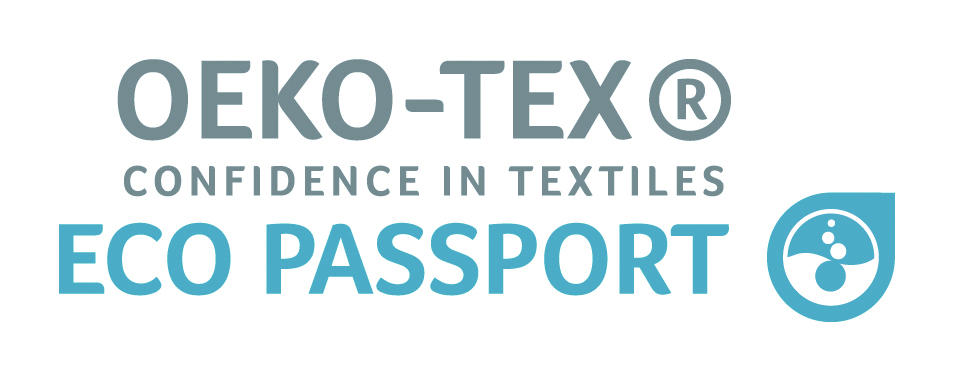
ECO PASSPORT by OEKO-TEX
A certification system for chemicals, colourants and auxiliaries used in the textile and leather industry, ensuring products are not harmful to human health. Both brands and manufacturers value the ECO PASSPORT as credible proof of sustainable textile and leather production.
visit »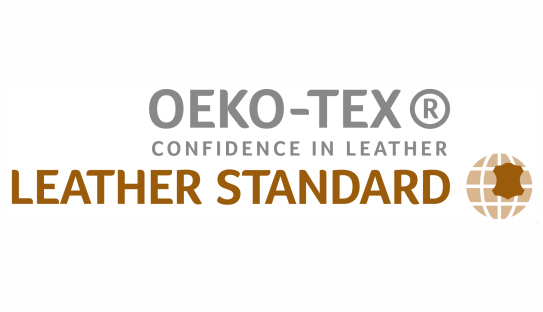
ECO PASSPORT by OEKO-TEX
A standardised testing and certification system for leather and leather goods at all production levels, including accessory materials. The certification supports companies along the supply chain with the implementation of high human-ecological product safety.
visit »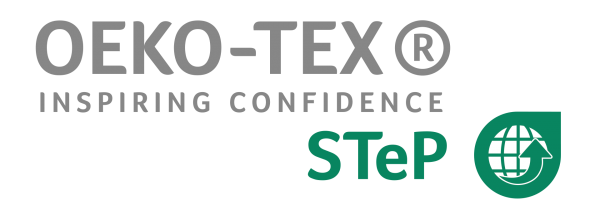
STeP by OEKO-TEX
Certification is suitable for textile and leather production facilities at all processing stages who want to communicate their environmental measures externally in a credible and transparent way. For leathers, all processes can be certified, from the tannery to the manufacturer of ready-made clothes.
visit »
GRÜNER KNOPF
The Green Button is a government-run certification label for sustainable textiles for the easy identification of socially and environmentally sustainable clothes. It is attached directly to the product, making it easy to find when you are shopping – in a reliable and consumer-friendly way.
visit »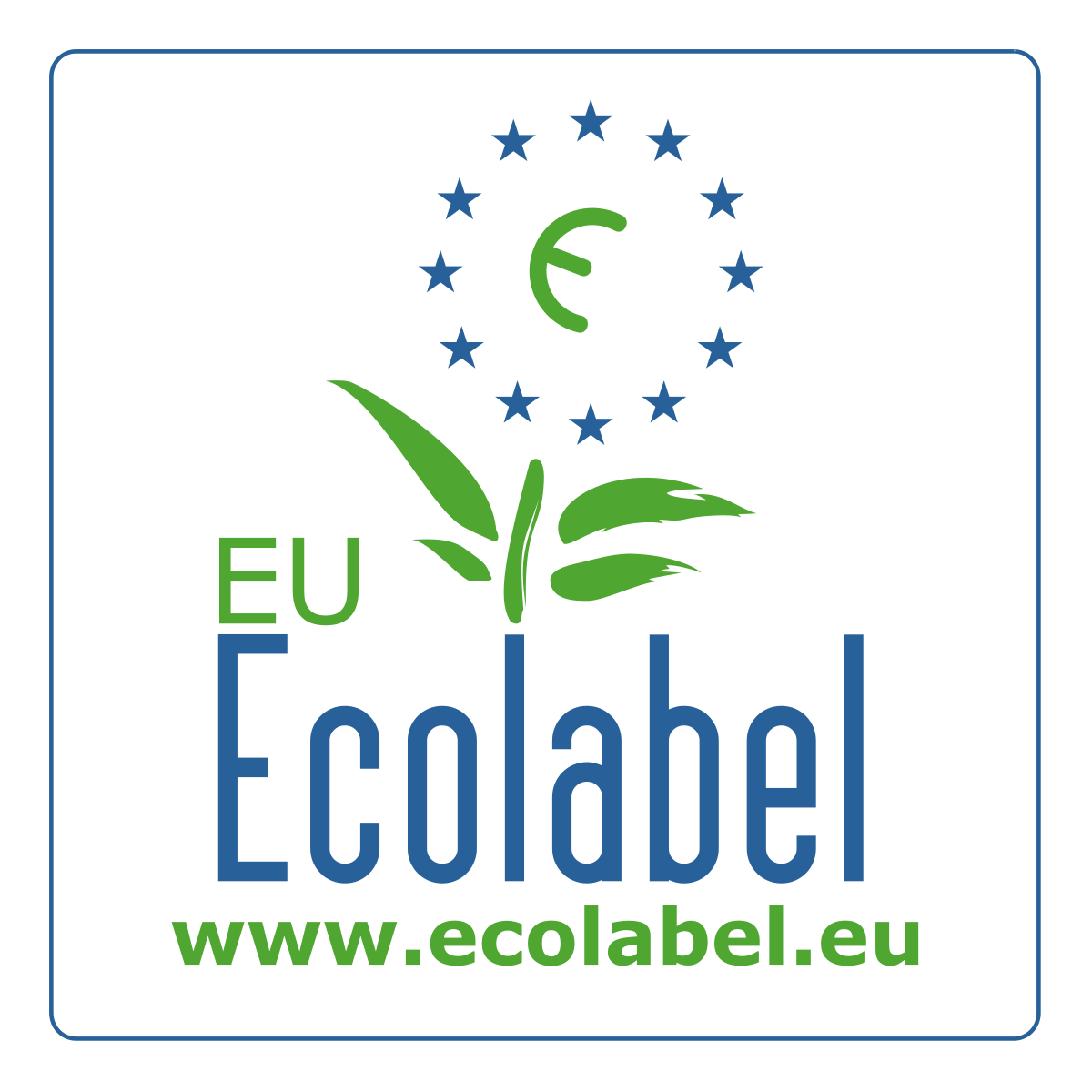
EU ECOLABEL
The label is awarded to products and services that have a lower environmental impact than comparable products. The EU Ecolabel is intended to enable consumers to identify more environmentally friendly and healthier products.
visit »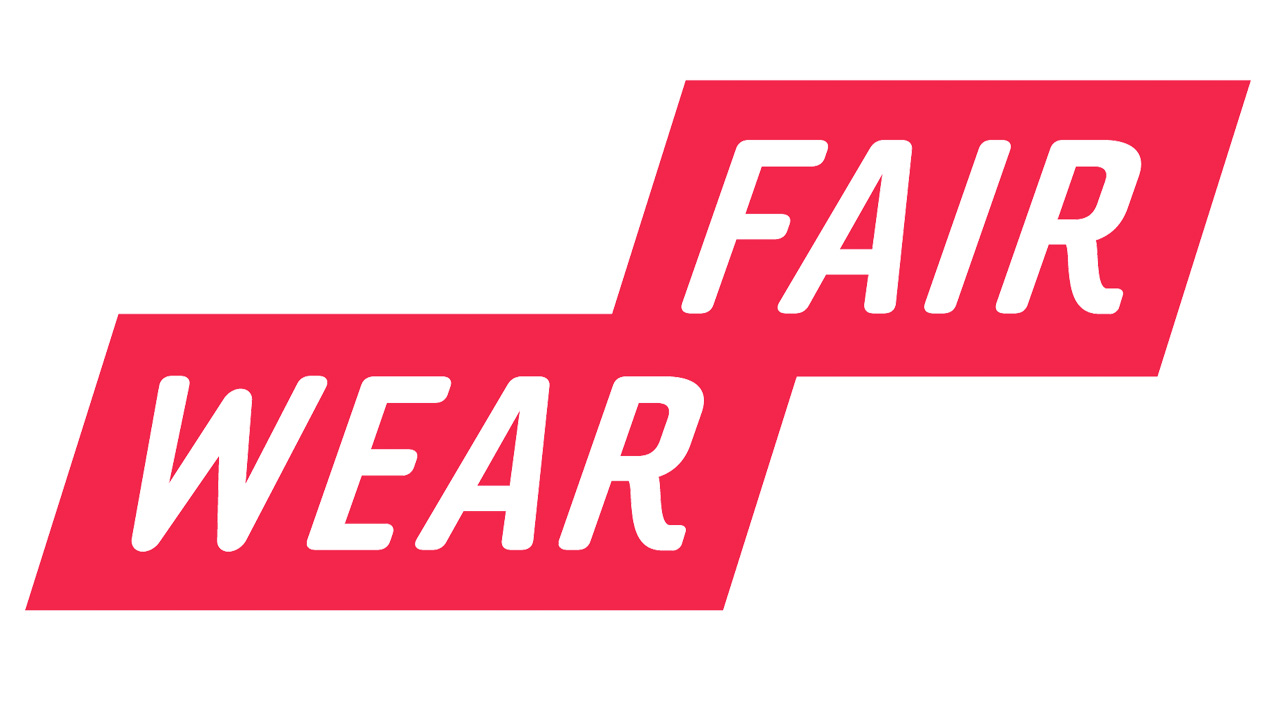
FAIR WEAR
Fair Wear certified brand members actively working to improve labour conditions for people in the garment industry. Four key activities make up the Fair Wear approach: brand performance checks, factory audits, complaints helplines and factory training sessions.
visit »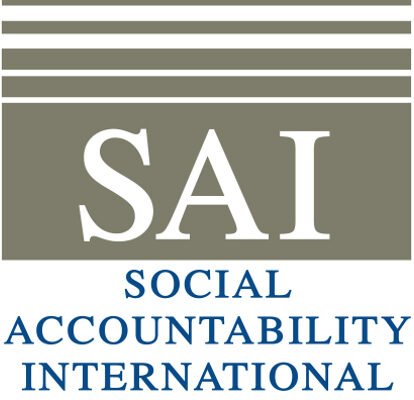
SA8000 by SAI
The SA8000 certification system by Social Accountability International (SAI) provides a framework for organisations of all types, in any industry, and in any country to conduct business in a way that is fair and decent for workers and to demonstrate their adherence to the highest social standards.
visit »
FAIRTRADE TEXTILE PRODUCTION
Organisations, plantations and companies along the entire value chain comply with the standard for sustainability and transparency. Including social, ecological and economic criteria to ensure sustainable development of producer organisations in developing and emerging countries.
visit »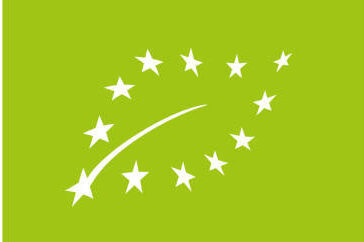
EU ORGANIC LABEL
Certified organic food produce which fulfils strict conditions on how it has been produced, processed, transported and stored. The logo can only be used on products when they contain at least 95% organic ingredients and additionally respect further strict conditions for the remaining 5%.
visit »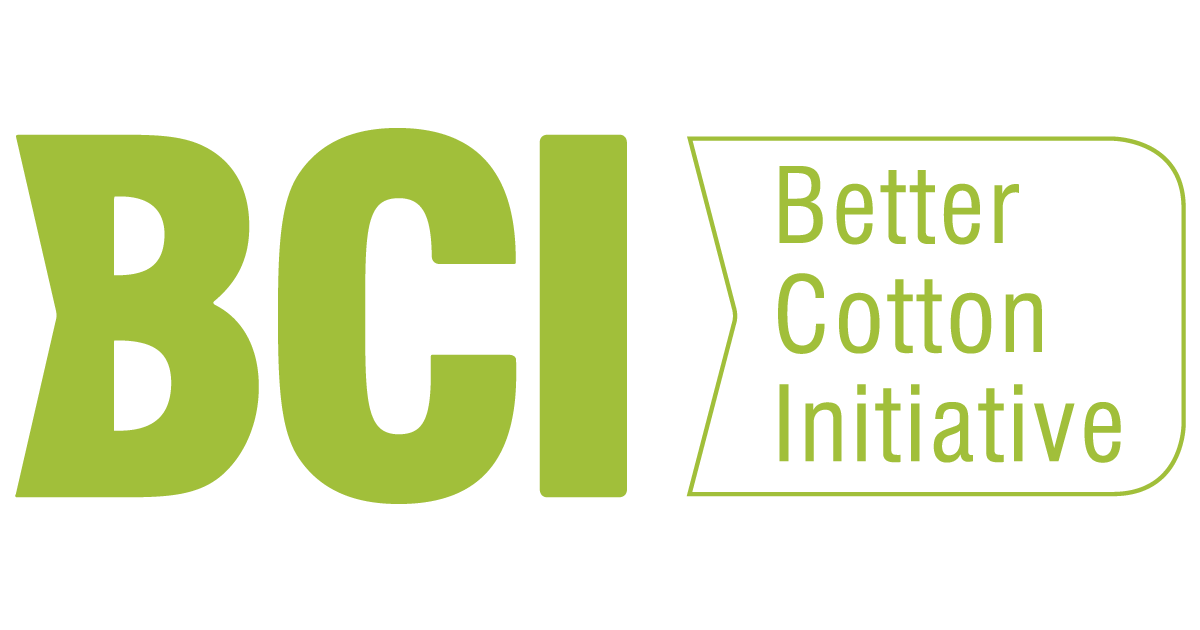
BCI – BETTER COTTON INITIATIVE
The Better Cotton Initiative (BCI) was created to improve global cotton production for workers and the environment, growing it better for the future of the industry. BCI stands for measurable and continuous improvement for the environment, farms and the economies of cotton producing regions.
visit »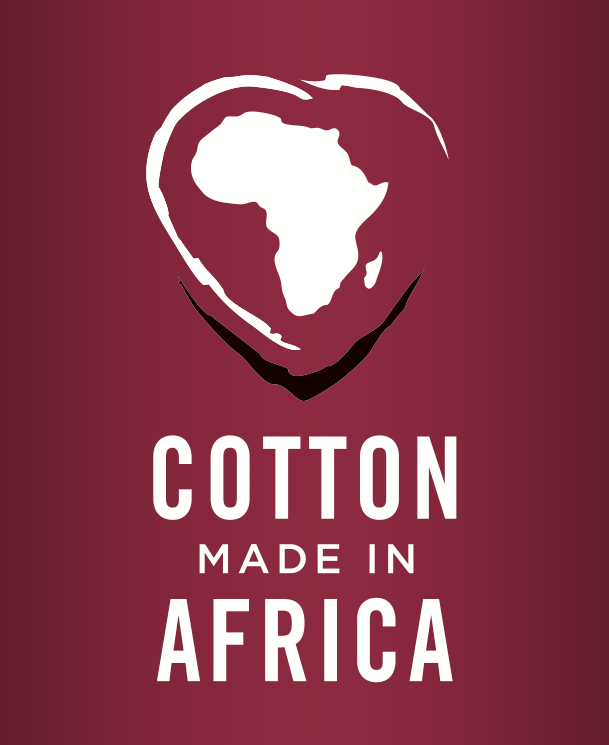
COTTON MADE IN AFRICA
Improving the social, economic and ecological living conditions of cotton smallholders and their families in sub-Saharan Africa. Promoting sustainable and efficient cotton and aims to improve strategic partnerships to increase the demand for African cotton in international trade markets.
visit »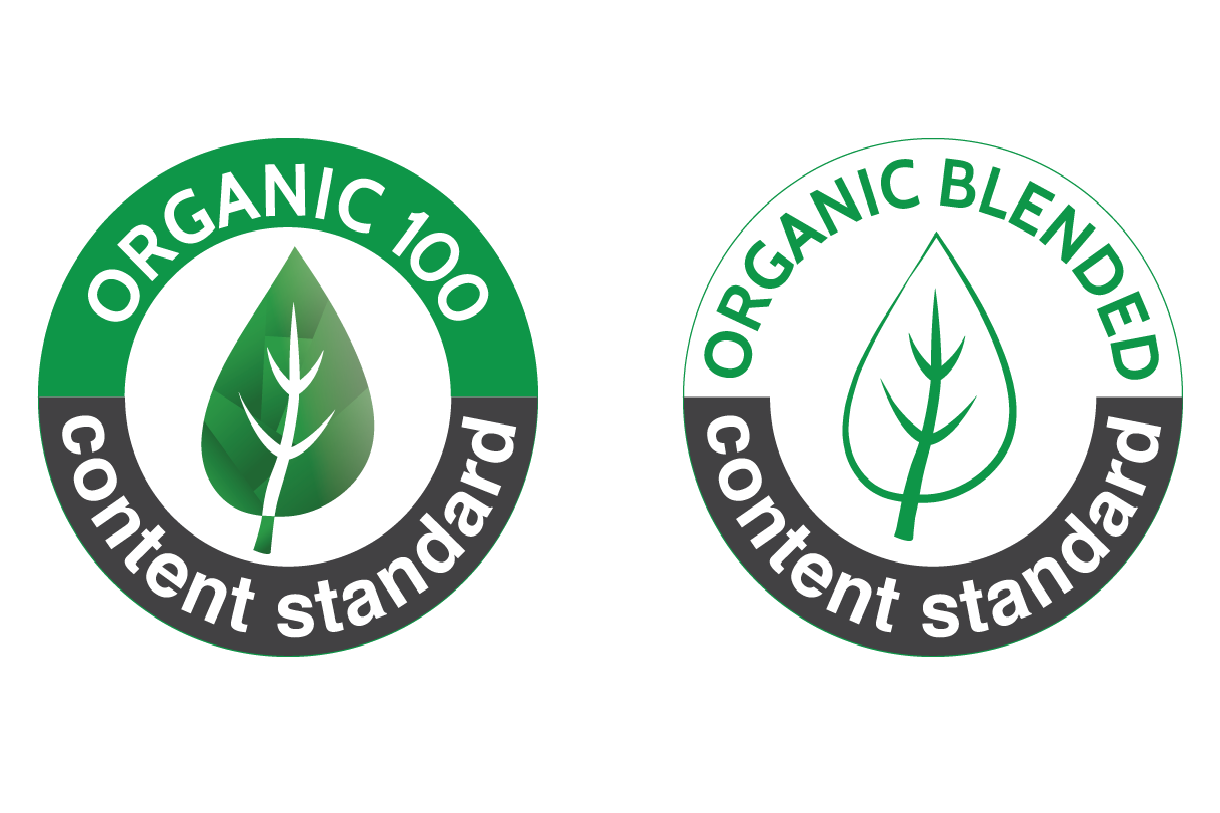
OCS – ORGANIC CONTENT STANDARD
The Organic Content Standard 100 (OCS 100) and Organic Content Standard blended (OCS blended) applies to any non-food product containing 5-100% organic material. It verifies the presence and amount of organic material in a final product and tracks the flow of a raw material from its source to the final product.
visit »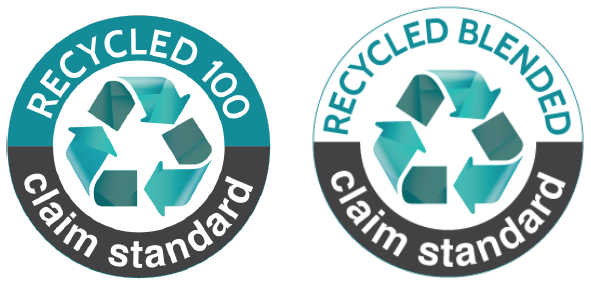
RCS – RECYCLED CLAIM STANDARD
Used as a chain of custody standard to track recycled raw materials through the supply chain. As per label grade RCS offers two logo varieties: RCS 100 (minimum 95% recycled material content) or RCS blended (minimum 5% recycled material content).
visit »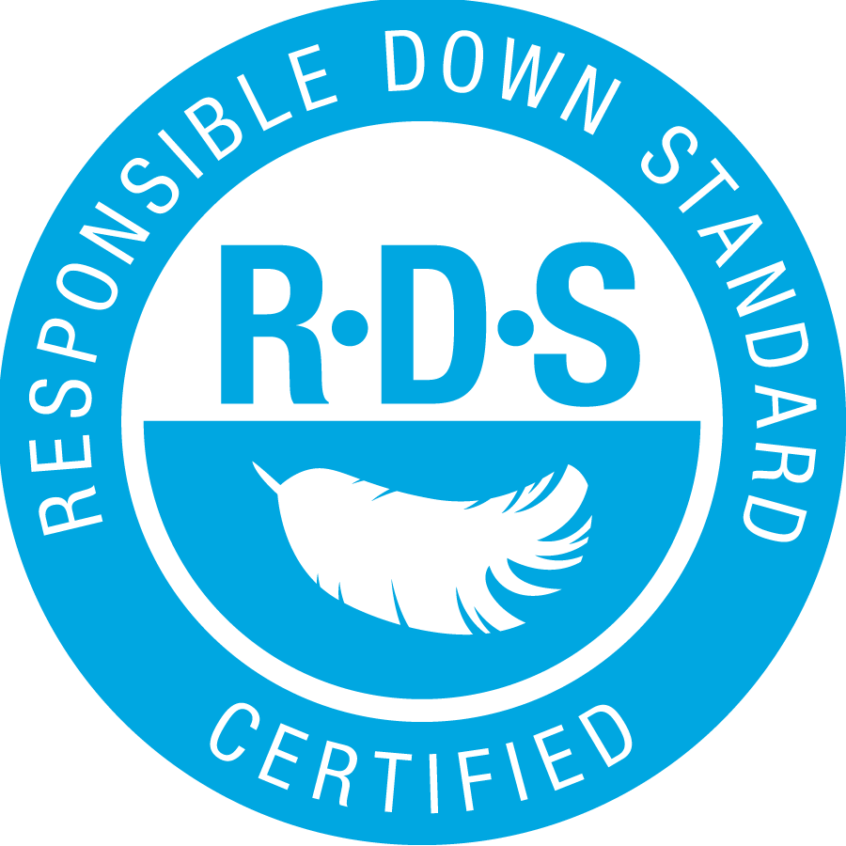
RDS – RESPONSIBLE DOWN STANDARD
The independent, voluntary global standard recognizes and rewards the best practices in animal welfare. The RDS was developed and revised over three years, with the input of animal welfare groups, industry experts, brands and retailers.
visit »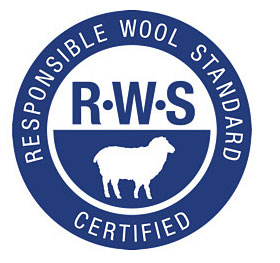
RWS – RESPONSIBLE WOOL STANDARD
The RWS requires all sites to be certified, beginning with the wool farmers and through to the seller in the final business to business transaction. Usually the last stage to be certified is the garment manufacturer or brand. Retailers (business-to-consumers) are not required to be certified..
visit »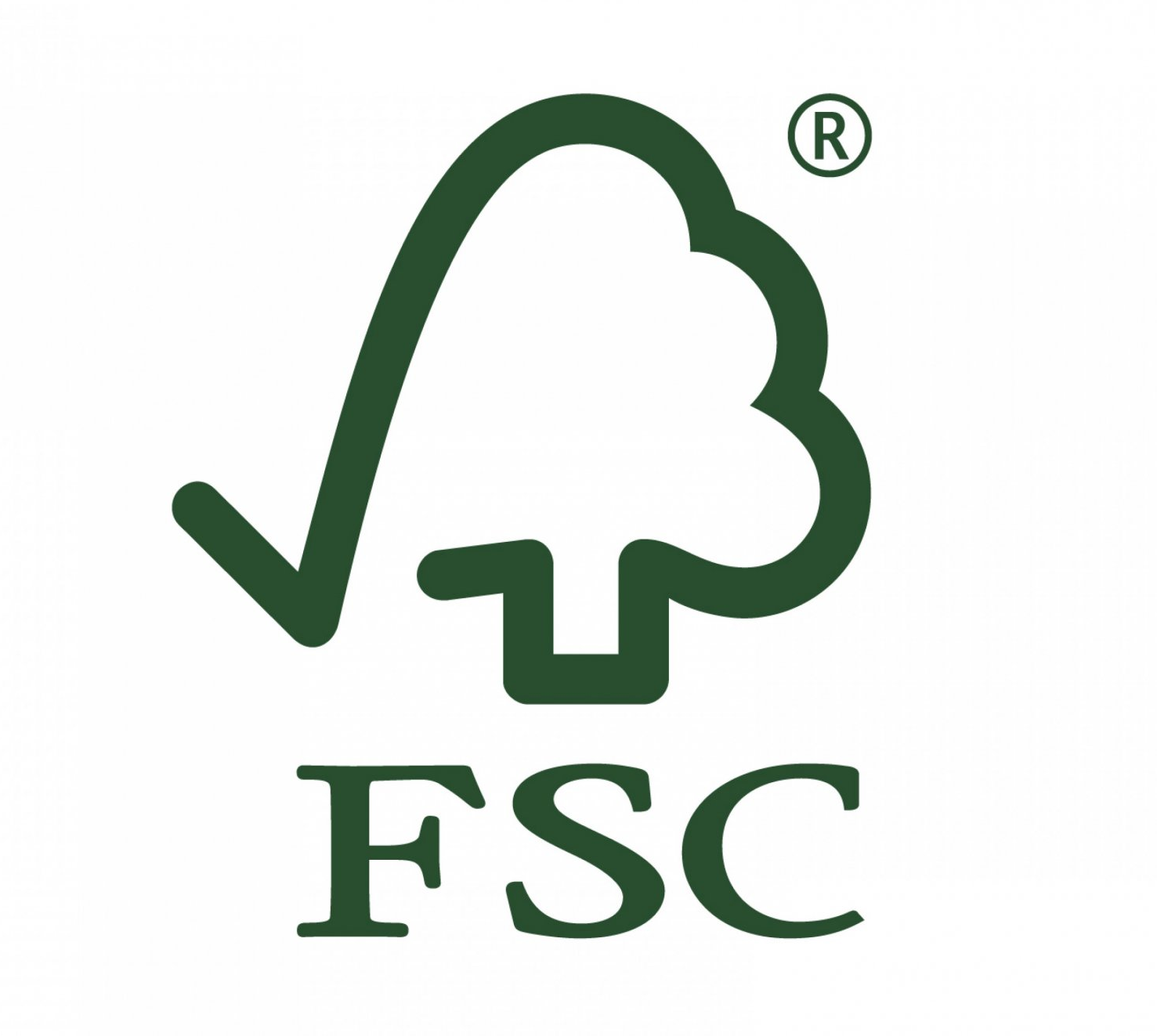
FSC – FOREST STEWARDSHIP COUNCIL
FSC forest management certification confirms that the forest is being managed in a way that preserves biological diversity and benefits the lives of local people and workers, while ensuring it sustains economic viability.
visit »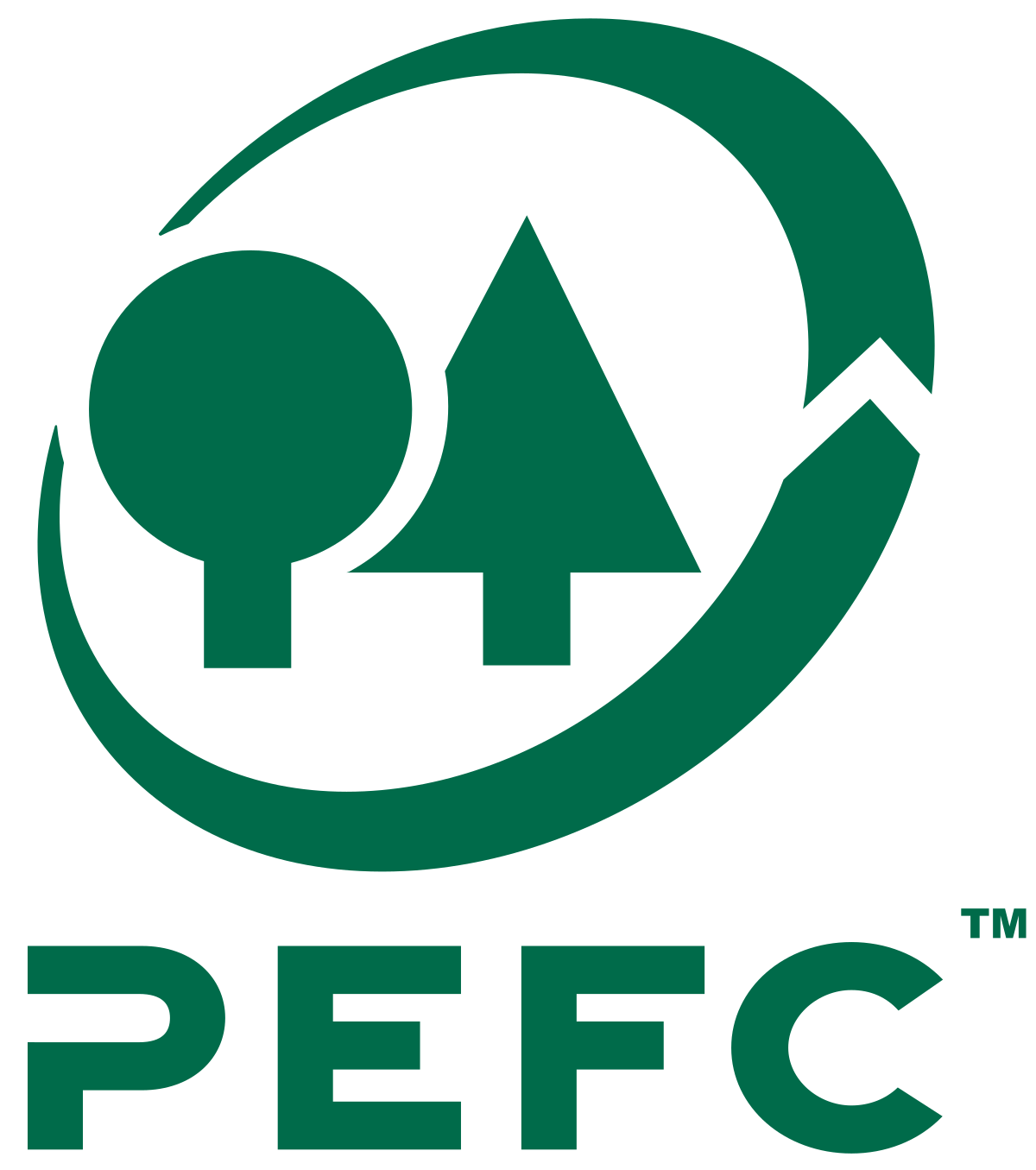
PEFC
PEFC chain of custody certification provides companies from around the world with independent verified assurance that the certified forest-based material contained in a product originates from sustainably managed forests.
visit »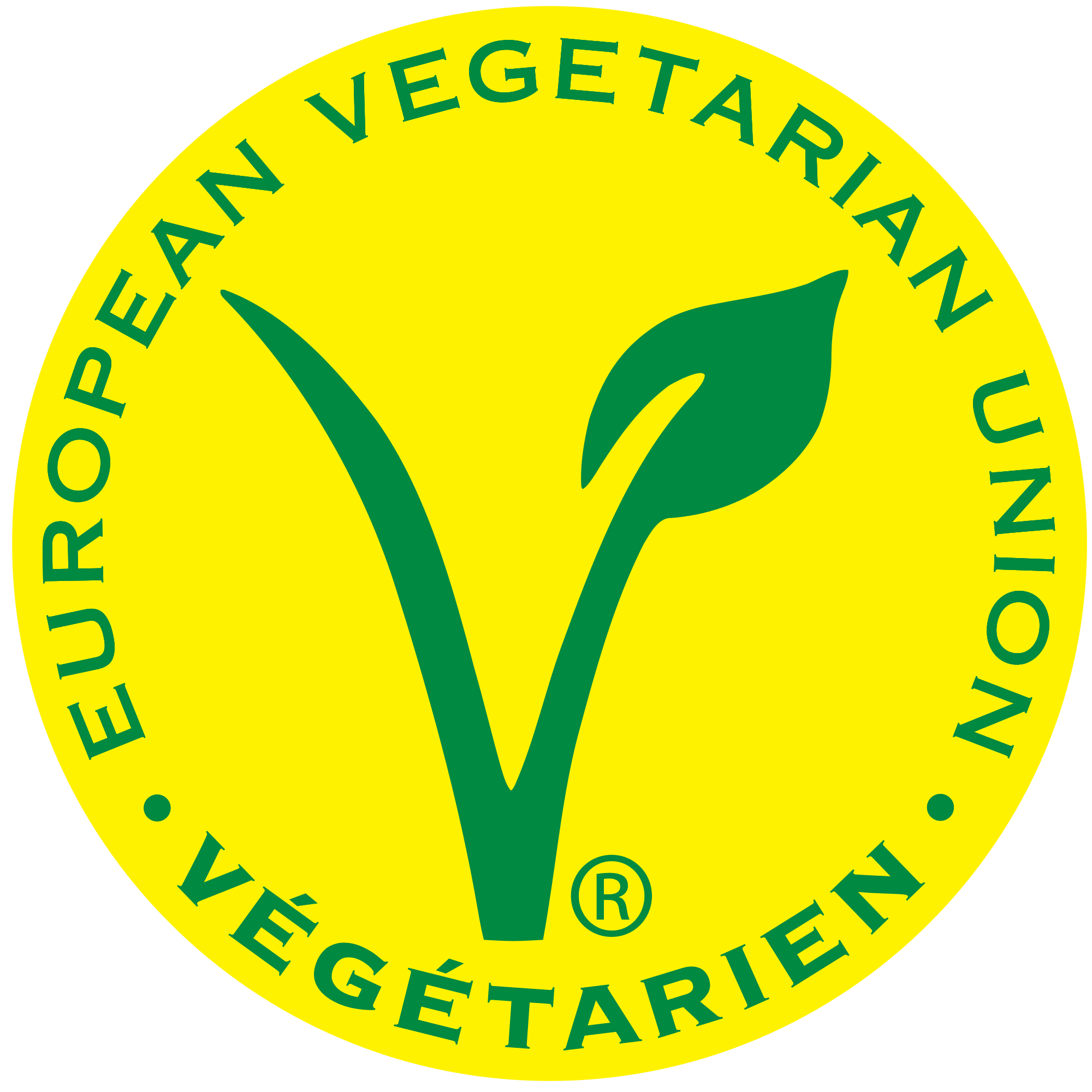
V-LABEL
The V-label is an internationally recognised and protected brand for labelling vegetarian and vegan products. For consumers it is a simple and safe orientation aid. Companies use the V-label to create transparency and clarity.
visit »